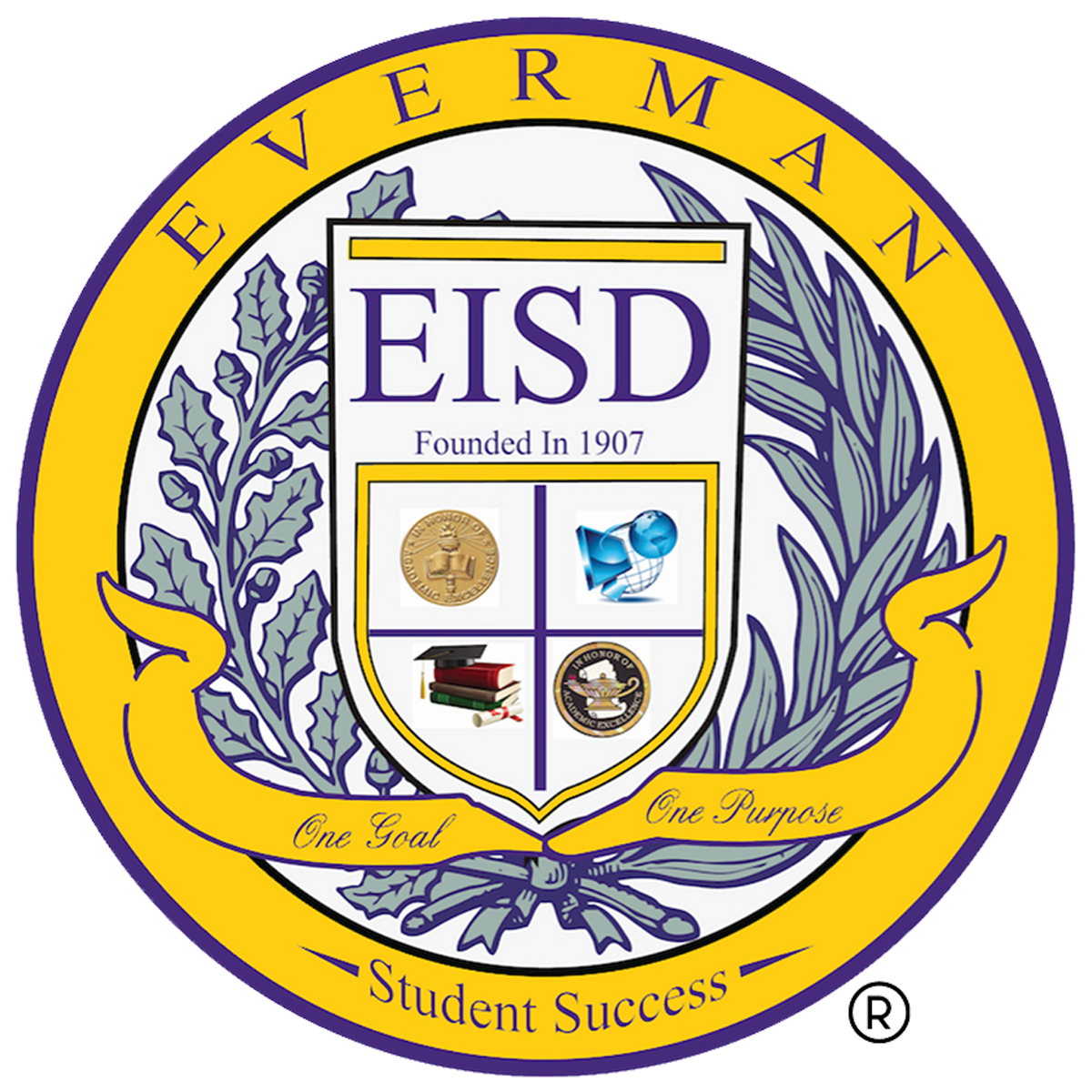Parent Information
SPEDTEX Special Education Information Center: SPEDTEX Special Education Information
Compensatory Services
Delayed Evaluations & Compensatory Services (English)
Delayed Evaluations & Compensatory Services (Spanish)
SB139 Special Education Referral Information - English
SB139 Special Education Referral Information - Spanish
RTI - RTI Information from TEA website
Response to Intervention (RtI) is an approach that schools use to help all students, including struggling learners. The RtI approach gives Texas students opportunities to learn and work at their grade level. The idea is to help all students be successful. Students who may have a disability should be referred for a full and individual evaluation for special education services.
504 -504 Information from the USDESection 504 of the 1973 Rehabilitation Act prohibits discrimination against people with disabilities in programs that receive federal financial assistance.
Who is covered? The ED Section 504 regulation defines an "individual with handicaps" as any person who (i) has a physical or mental impairment that substantially limits one or more major life activities, (ii) has a record of such an impairment, or (iii) is regarded as having such an impairment.
Dyslexia - Dyslexia Information from TEA website
“Dyslexia is a specific learning disability that is neurobiological in origin. It is characterized by difficulties with accurate and/or fluent word recognition and by poor spelling and decoding abilities. These difficulties typically result from a deficit in the phonological component of language that is often unexpected in relation to other cognitive abilities and the provision of effective classroom instruction. The hallmark of dyslexia is an impairment in the development of sound-symbol relationships s/a phonics.
Dyslexia HandbookDyslexia Handbook Spanish
Special Education - Special Education Information TEA website
IDEA was first passed in 1975. (At that time, it was called the Education for All Handicapped Children Act.) The primary purposes of IDEA are:
To provide a free appropriate public education (FAPE) to children with disabilities. IDEA requires schools to find and evaluate students suspected of having disabilities, at no cost to parents. Once students are identified as having a disability and having an educational need for specialized instruction, schools must provide them with special education and related services (like speech therapy and counseling) to meet their unique needs. The goal is to help students make progress in school.
To give parents a voice in their child’s education. Under IDEA, parents have a say in the educational decisions the school makes about their children. The law gives specific rights and protections called procedural safeguards.
Child Find Technical Assistance
STAAR Alt 2 Participation Requirements
STAAR Alt 2 Companion Documents
ARD Guide
This guide was developed by the Statewide Leadership for the Legal Framework Project Team and the Texas Education Agency (TEA) in response to the requirement in Texas Education Code (TEC) § 26.0081. The guide is designed to give you, as the parent of a child who is or may be eligible for special education services, a better understanding of the special education process and of your procedural rights and responsibilities so that you will be able to fully participate in the decision-making process regarding your child’s education.
Procedural Safeguards
The Individuals with Disabilities Education Act (IDEA), as amended in 2004, requires schools to provide parents of a child with a disability with a notice containing a full explanation of the procedural safeguards available under the IDEA and its implementing regulations. This document, produced by the Texas Education Agency (TEA), is intended to meet this notice requirement and help parents of children with disabilities understand their rights under the IDEA.
Safeguards-English PDF
Safeguards-Spanish PDF
The Special Education Information Center (SPEDTex) provides resources and interactive features for increasing family awareness of disabilities and special education processes, with the goal of improving partnerships between schools and families.
Contact information:
Phone: 1-855-773-3839
Texas Transition and Employment Guide
A Bridge to the Future
Transition and Employment Guide English
